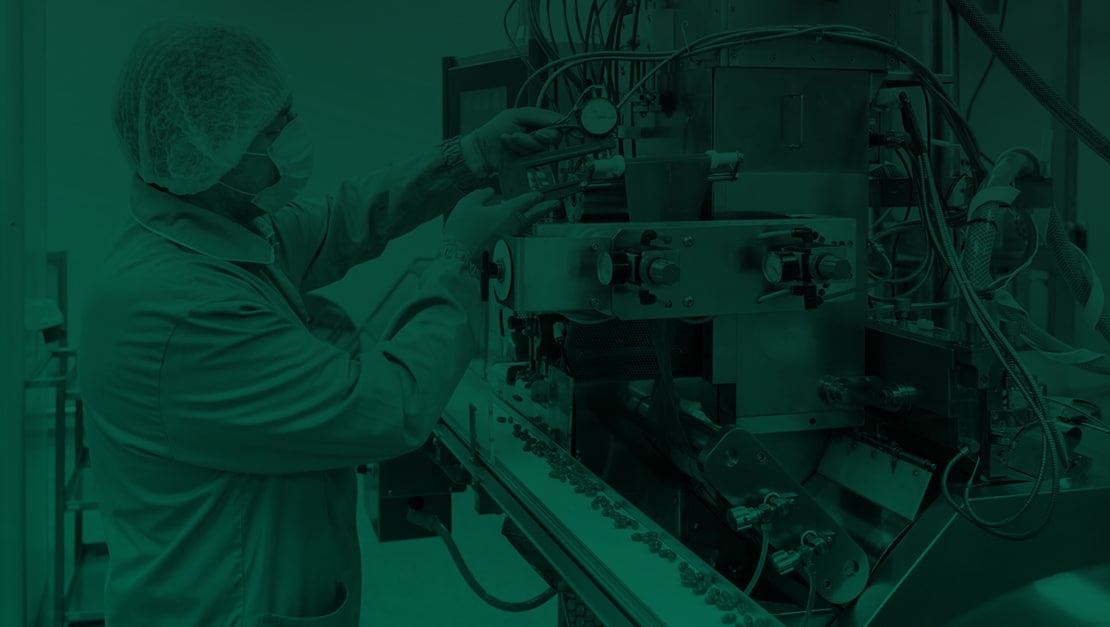Food safety and compliance are critical aspects of the food industry, safeguarding consumer health and upholding public trust in the products we consume. One of the most important ways of ensuring food safety in the food manufacturing process is implementing strong education and training programs for employees.
In this blog post, we’ll explore the importance of education and training in food safety and compliance, highlighting their importance, challenges, success stories, and how AI is enhancing food safety education.
The Need for Comprehensive Food Safety Training Programs
The CDC estimates that every year, foodborne illnesses cause 48 million people to get sick, 128,000 to be hospitalized, and 3,000 people to die. These incidents can very quickly tarnish the reputation of the food manufacturing industry, which is why strict adherence to safety regulations and compliance standards is essential. Ongoing training and education is one of the most important tools in preventing contamination, spoilage, and the spread of diseases. Let’s take a look at the top reasons why comprehensive food safety training is essential.
Protects customers
By far the most apparent reason for training programs is that they protect your company’s customers. Safety risks in the food industry lead to illness, which can be dangerous for consumers. Employees who aren’t trained on the best practices of hygiene, food handling processes, storage, or equipment maintenance could be unknowingly contributing to risking contamination and the spread of bacteria and disease. However, training employees on how to identify and prevent risks can greatly reduce the chance of contamination.
Allergen Awareness
Every year, 200,000 people need emergency medical care due to an allergic reaction to food. For this reason, food safety measures are critical, and those measures need to be backed up by education. A more in-depth understanding of allergies, specific foods that are common allergens, as well as procedures to avoid cross-contamination is one of the best ways to ensure your products won’t pose a risk to your consumers.
Regulations and Compliance
Most food manufacturing companies need to adhere to specific industry standards. Proper training ensures that employees are well-prepared for audits and assessments, streamlining the compliance process. More than that, as regulations can change, ongoing training is necessary to ensure continued compliance in this industry.
Better Business
Aside from adhering to regulations and ensuring the safety of your products, promoting food safety through training programs just makes good business sense. Your brand’s reputation is one of your strongest assets, and a drop in quality or a safety-related incident tied to your food can significantly impact your reputation, and by association, your bottom line. To guarantee the long-term success of your business, establishing set training and ongoing education programs for food safety is one of the best ways to guarantee a stable public reputation.
Challenges of Establishing Meaningful Food Safety Training Programs
According to a study, companies that have better workforce development see a 15% increase in employee productivity, a 26% decrease in turnover, 20% less absenteeism, and a whopping 65% increase in share prices. However, despite all these benefits, there are still companies that are struggling to establish solid training programs, and there are good reasons for this.
Training is Too Generic
When the same training programs are used across the board, for manufacturing floor employees to upper management, there isn’t enough targeted information in the education. In these cases, one-off training programs that aren’t specific to each department can miss the mark and leave some teams unprepared to deal with food safety best practices.
Lack of Alignment
Another challenge in food safety training programs is that they’re not designed for specific tasks or responsibilities, leaving gaps in education. Management needs to first be sure that every employee understands their role in managing food safety and their individual work objectives, and then tailor each training so that they respond to their unique responsibilities.
Language Barriers
In diverse work environments or those spread out over multiple locations or even regions, language differences can hinder effective communication during training sessions. When employees don’t completely understand training content due to language barriers, it can lead to misunderstandings and improper implementation of food safety practices.
Evolving Regulations
Food safety regulations and compliance laws are subject to change, and it can be challenging for companies to keep their training materials up-to-date with the latest requirements.
Time and Resource Constraints
Companies may find it difficult to set aside time and resources for training purposes. The food industry is fast-paced, so dedicating time to training without affecting production schedules can be difficult, leading to incomplete or rushed training sessions.
Food Training Success Stories
Considering the challenges that food safety programs encounter, it is crucial that a company’s training is tailored to individual needs and is engaging. These programs should be customized to suit the specific requirements of employees or teams within an organization. Furthermore, they should be designed in a way that captures attention, ensuring that regulatory guidelines are consistently adhered to.
Below, we share a success story and an example of how the appropriate tool can be straightforward, user-friendly, and intuitive for your team. This, in turn, will contribute to the overall success of your business.
Ensuring food safety doesn’t have to be a complex task. In the field of manufacturing, there are numerous steps, methods, and processes that can all be improved with the assistance of speech technology. aiOla introduced speech-powered workflows to one of the world’s largest meat producers. This innovative solution requires minimal to no training because employees can simply communicate in their native language. There’s no need to learn additional software since the underlying process remains unchanged; the only difference is the ability to complete tasks through speech.
By utilizing speech technology, the company effectively maintained the quality and safety of their machinery by recording spoken workflows. This not only made the team hands-free but also elevated safety measures for the employees. Going hands-free benefits not only the workforce but also the quality of the food being produced, as it eliminates the necessity to touch potentially contaminated surfaces.
The outcome? We successfully assisted them in reducing pre-operational inspections by an impressive 50%. This achievement translated into significant time savings for the business, establishing a safer working environment for both employees and the food production process. Now, that’s a truly satisfying cost-saving solution!
How Artificial Intelligence Can Boost Food Safety Program Adoption
Building a custom and effective food safety program requires a wide array of data to use as a base for formulating training programs and ongoing education courses. Gathering this data can be tricky as you want to ensure that you’re getting an accurate and well-rounded picture of what’s going on the manufacturing floor while ensuring nothing is missed. That’s where Artificial Intelligence comes in.
AI can help food manufacturing companies gather the data they need to create training programs based on specific issues in their business. With AI, food manufacturing companies can:
- Better predict risk based on historical data
- Automate quality control procedures
- Monitor different parameters like temperature and humidity in real-time
- Assist in staying on top of regulatory and compliance updates
- Improve ingredient traceability throughout its entire journey to reduce contamination
Companies like aiOla are at the forefront of AI-powered optimization platforms that improve food manufacturing procedures. Thanks to its AI-driven speech technology, aiOla is able to capture otherwise lost data solely through speech, like the language spoken on the manufacturing floor. With this technology, companies can easily capture data on productivity, equipment maintenance, or streamline inspection processes.
Data gathered through aiOla’s technology can then be used to create optimized training programs based on real data, enabling companies to create educational materials that really matter to employees. aiOla can capture data in over 100 languages and understand food manufacturing-specific jargon. This means that companies can collect data across multiple regions, offering a way to analyze data that’s both zoomed in to specific teams and locations, while also capturing the bigger picture.
Final Thoughts
The training you offer employees around food safety will greatly impact the quality of your product. Training that’s intentional, engaging, and targeted not only boosts employee satisfaction, but also allows your company to deliver products that are safe and positively impact your reputation.
Platforms like aiOla help you create ongoing training modules based on relevant data from within your organization. With this AI-powered technology, you can empower your employees to complete certain processes completely hands-free, ensuring their personal safety and enabling them to focus on their responsibilities so that the risk of contamination is minimized.
Book a demo with one of our experts to learn more about how aiOla can help you improve training practices in your business.








